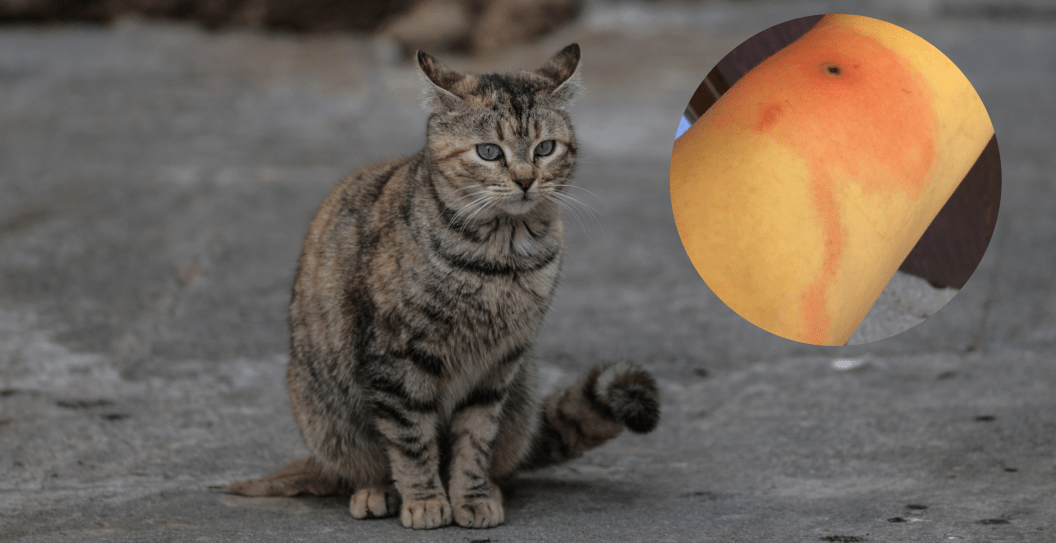A relatively rare and recently discovered virus dubbed Alaskapox has killed an elderly man in rural Alaska, according to state health officials. The man resided in the remote Kenai Peninsula and had suffered from a suppressed immune system due to ongoing cancer treatments. At this time, it's unclear how the victim contracted the virus, but he had not traveled recently. Authorities speculate the virus may have been transmitted from a stray cat that lived with the man.
Alaskapox belongs to the orthopoxviruses group of viruses, which are double-stranded DNA viruses often originating in mammals. It's classified as zoonotic, meaning it can be transferred from animals to humans. Also referred to as AKPV, Alaskapox is related to smallpox, cowpox, and mpox (formerly known as monkeypox). Symptoms of the virus include swollen lymph nodes, rash, and joint or muscle pain. The first case of Alaskapox was confirmed in 2015 in the Fairbanks area, which is more than 300 miles from this most recent case. Since then, six other cases have been reported to the Alaska Health Department. All of those cases were resolved without hospitalization, though immunocompromised people might be at increased risk for more severe illness, officials said.
Current evidence indicates that the Alaskapox virus primarily occurs in small mammals. The Alaska Health Department has found evidence of Alaskapox infections in several species of small mammals, including red-backed voles, shrews, and a domestic pet in the Fairbanks area.

Getty Images, Maria R.
"Being the first case of Alaskapox identified outside of the Interior region, it indicates that AKPV appears to be more geographically widespread in Alaska's small mammals than previously known and warrants increased statewide awareness among clinicians," the Alaska Health Department said in a press release.
The health department's epidemiology section is working with the University of Alaska Museum and the U.S. Centers for Disease Control and Prevention to test small mammals for Alaskapox throughout the state.
The victim's first symptom of the virus was a red lesion that showed up near a notable cat scratch. The cat that lived with the man tested negative for the virus. However, it had regularly hunted small mammals and frequently scratched the patient, leaving open the possibility that the cat could have picked up the virus on its claws from its prey and transmitted it to the man without contracting the disease itself. To date, there have been no documented instances of human-to-human transmission of the Alaskapox virus.
"Alaskapox remains rare," said Dr. Joe McLaughlin, state epidemiologist and chief of the Alaska Division of Public Health Section of Epidemiology. "For the vast majority of people who may come in contact with this virus, the clinical course will likely be mild."
Health officials are advising people with skin lesions potentially caused by Alaskapox to keep the area covered and avoid sharing bedding or other linens with others. Health authorities also urged Alaskans to follow federal health precautions when around wildlife to avoid potential Alaskapox infections.




